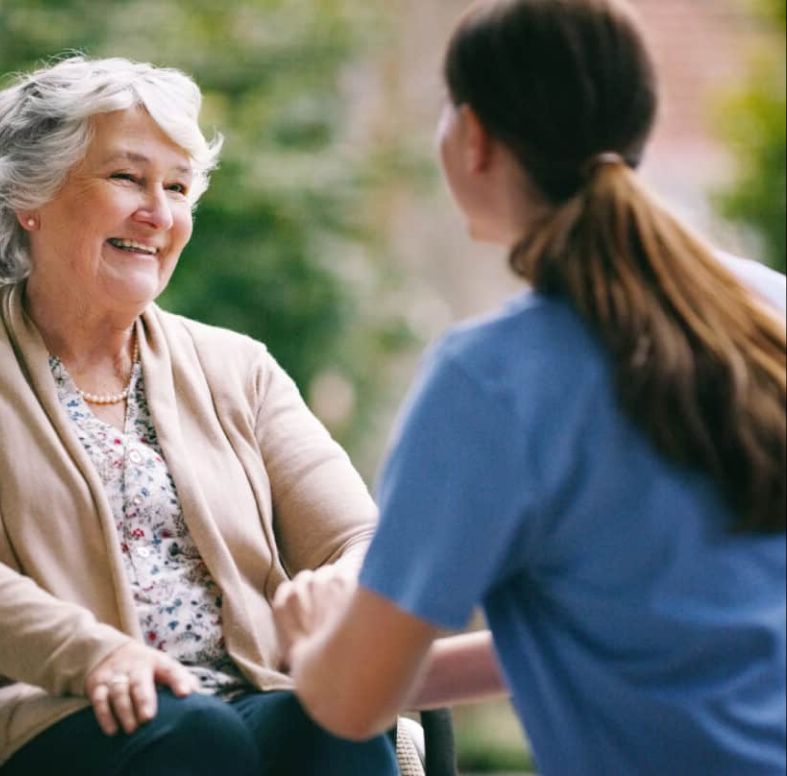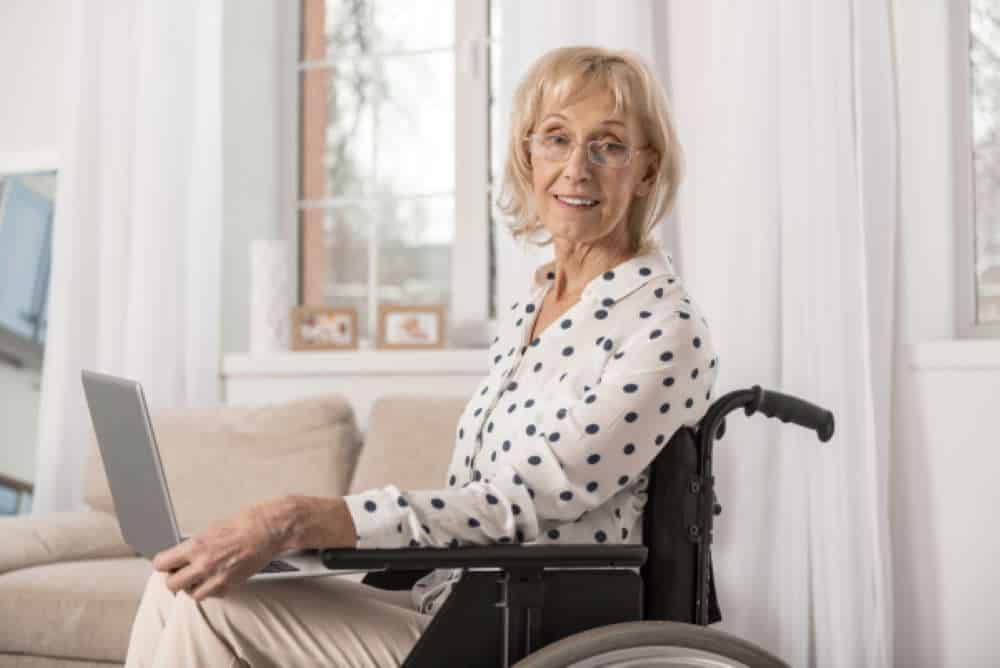A client, unsure if she wanted to take on the role of guardianship for her mother who has a moderate level of dementia, came to me for help. The woman said her mother could still recognize people but did forget what day it was from time to time.
Her mother also began to suffer from delusions. She was convinced that her mother was still about to think clearly, and could make decisions for her mother. Although her doctor and I explained that the disease was rapidly progressing, the daughter refused to begin the guardianship process.
It wasn’t until her mother fell and needed surgery from her broken leg that she discovered her mother was worse off than she thought.
Doctors would not do the surgery without her mother’s permission, and since they felt she was unable to give it, they did a mental test. She scored low on the test. It was then a social worker took temporary guardianship of the mother.
This process took several days to resolve, and the mother had to remain in the hospital in pain before surgery could be performed. She was given painkillers often to help with the pain. This would never have happened if the daughter had listened and assumed guardianship over her mother.

Guardianship: Should you become one? and the legal process behind it.
Many people, as they age, have dementia. The more serious the dementia is, the more help the person will need in their day.
Elderly dementia patients are at both physical and financial risk due to their susceptibility to abuse (such as physical, emotional, financial, etc.) and their own decisions. These patients needed even more protection from predators.
For example, an older adult who refuses to allow a caregiver in their home or refuses to move to a nursing home could be deemed risking themselves and their environment.
If the same person suffers a stroke and can no longer talk and needs assistance 24 hours a day, they are no longer able to provide their input into the kind of care they will get. This is why guardianship was designed.
What Is A Guardianship?
A guardian is selected to make someone’s personal decisions for them. This is a person who is unable to decide for themselves where they will live and what kind of health care they need.
The guardian can make these decisions for them. And, an elderly person can have more than one guardian– one person can make financial decisions; another person can make healthcare decisions. Also, they can both be a guardian for both kinds of decisions.
Should You Become A Guardian For Your Loved One?
When you take on the role of guardianship, you have to let the court know every so often about how the person is doing.
Make sure you fully understand the role you are about to take on before you become their legal guardian. If becoming a legal guardian over someone sounds tedious, there are other alternatives to consider.
If an emergency arises, you could always file for a temporary guardianship, where the court assigns who the guardian will be.

